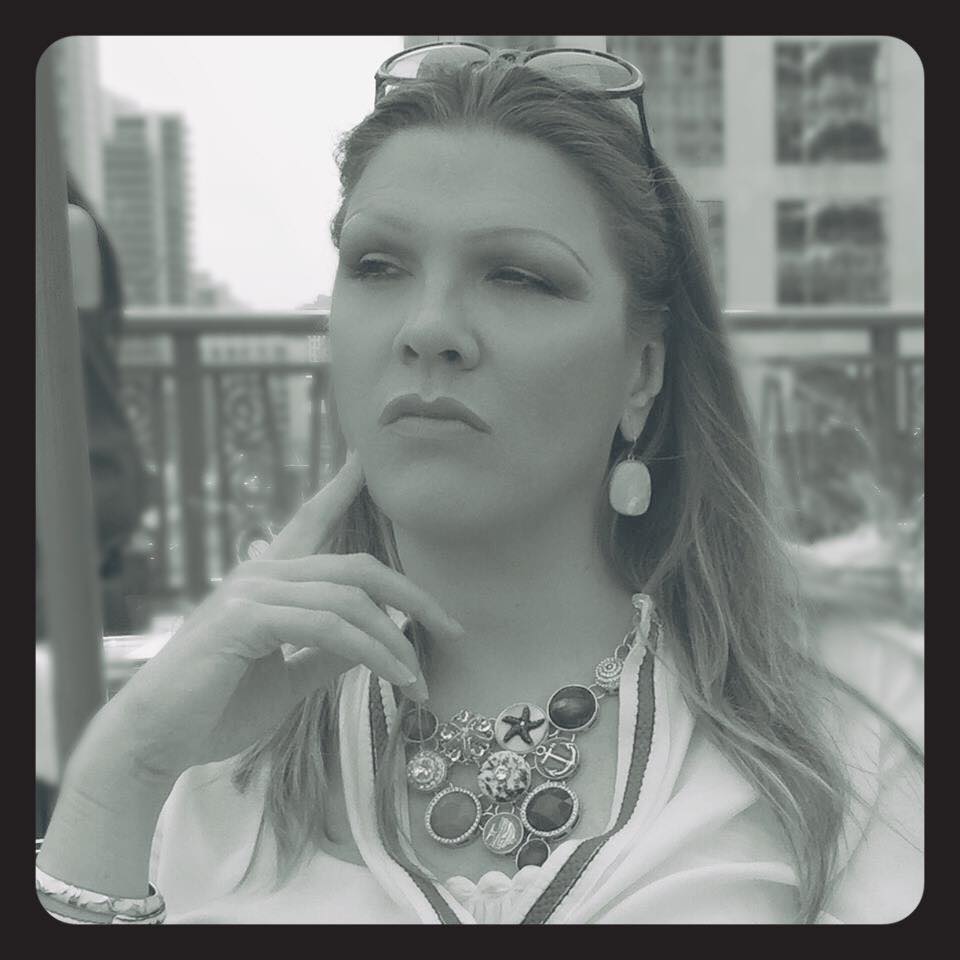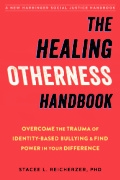The first time I knew I was Other, I was in second grade. I had never heard the word “fag.” I didn’t know what this meant, and at the age of 8, wasn’t aware enough about my own sexuality or gender identity to understand what exactly about me was being called out. In this case, it was other kids at my school telling me that I was feminine by their standards and therefore different from other boys. They decided to cast me as outsider, even though I had only known the skin I was in and didn’t feel especially weird or different. I was just me.
They knew something else, too. They knew the power of words, and fag was the worst thing they could think to call me as punishment for being different. Message received. That was the first time I knew I was Other.
Since that time, I’ve learned from many people about what it’s meant for them to be Other. Childhood stories abound of being tormented because of skin color, accent, a family’s religion or culture, or whether one’s parents struggled financially. For some, Otherness was about a physical quality: a birthmark, scar, or eyes that don’t align. Body size is a huge source of childhood shaming, made worse by the pain of humiliation that still cuts like a knife years later.
Some of us who experienced Otherness as children did so for relatively short periods and were able to bounce back quickly and integrate it as part of childhood learning.
For others of us, the experience Otherness had a snowball effect that was fed over the years by subsequent experiences of feeling cast out. We became so accustomed to rejection that we came to anticipate it, even seeing it when it wasn’t actually occurring. We adapted our lives to avoiding rejection, knowing well the empty feelings of social pain and isolation, and intentionally withdrawing from situations that could cause them. We avoided risks, missed opportunities, and sometimes even sabotaged ourselves and our relationships out of an effort to avoid pain.
We may still believe at our core that we truly are less deserving and treat ourselves accordingly.
As painful as our histories are and as alive as they may be in the present, our Otherness can also be a source of knowing. When we willingly look into the depths of experience and map our stories of who we are and how we came to be, we uncover many things of great value. Of particular significance for our relationships, we begin to understand humanity at a fundamentally different level. Having examined our own story of Otherness, we become keenly aware of how this looks and feels when we hear it in another person’s story.
When we learn to listen to a person’s story and see their pain of feeling left out as not so different from our own, we can begin dismantling the walls that separate. This is essential for healthy human relationships, and I’ve learned that it’s fundamental to my work as a professional counselor. In my world, no matter how much a person’s story differs from my own, I can witness the humanity in the person’s struggle to be loved, to be accepted, to matter to someone else in a relationship.
Necessarily, the counseling relationship is one in which each client knows that she or he matters a great deal.
Empathy is the cornerstone of helping relationships. By being clear on my story and what it’s taken to get me here, I can witness the story of isolation that comes from a person’s experience as Other. More importantly though, I can recognize resiliency that comes from a spirit which refuses to be broken in spite of overwhelming odds.


